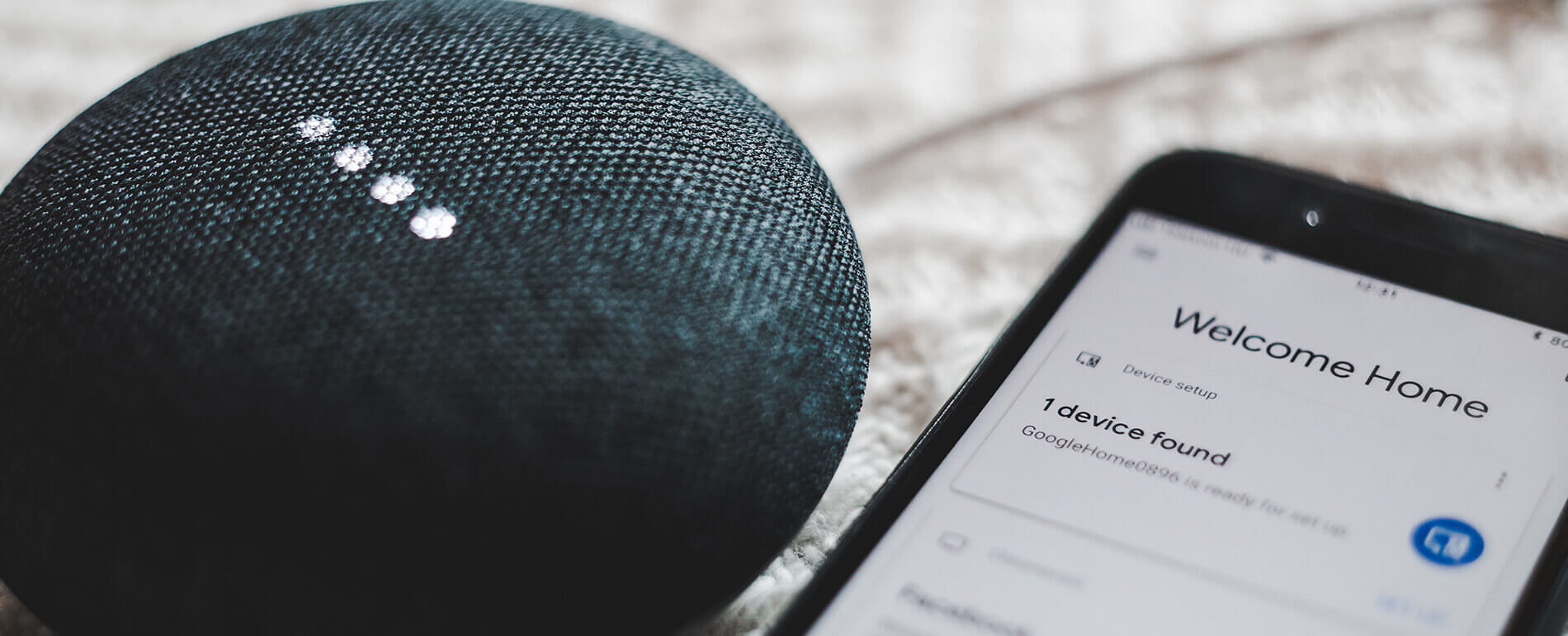It seems we have fallen out of love with mobile apps. Recent years have seen a steady decline in the number of apps that we use on a regular basis. According to a research done by Gartner that polled over 3,000 users in the US, UK, and China, the following trends have emerged:
- Only 33% of the respondents used six to ten apps a month in 2016. This shows a decline of 6.2 percent since 2015.
- The most popular category of apps was Social Media. This category of apps was being used by 83 percent of the users.
- The second and third spots were taken by Video and Map apps.
- The next two popular categories – Messaging, and Shopping however gained some popularity with 71 and 62 percent of the respondents using them every day. Gartner pointed out that the apps like Whatsapp, and Facebook Messenger were becoming “incredibly sticky”
- 35% respondents of the survey also used virtual private assistants (VPAs). That reflects a growth of 4 percent from the previous year. Gartner warned that these VPAs like Siri, and Google Assistant have the potential to replace some traditional apps”
Gartner predicts that by 2020, smart agents will facilitate 40% of mobile interactions, and that ‘post-app era’ will begin to dominate. Smart agents include virtual private assistants like Google Now, Cortana, Siri, and Alexa, each of them are powered by ‘learning algorithms’ and artificial intelligence.
Gartner has coined the term ‘post-app era’ and at first glance, it sounds like Gartner is predicting the end of apps. However, what it’s actually saying is that apps are becoming more popular, and the experience of using an app is becoming more streamlined. By post-app era, it essentially means an era where we think of apps differently. In the post-app era, apps are more of a service and utilize artificial intelligence and machine learning to make them more useful.
In the past, you had to find and open individual apps in order to use or interact with them. With recent phone and tablet improvements in processing power, memory, and operating systems, it’s now possible to use these apps in the background and to multitask – improving the user experience.
Smart agents will become the principal way that we navigate information. We’ll no longer need to load a specific application – it will have services running in the background at all times and the VPAs (Virtual Personal Assistant) we use will interpret our requests to access the relevant information or services from the most appropriate apps or services.
App builders used to measure the time spent in apps, the frequency of use and the number of interactions to quantify their success, Now new experiences are being designed that focus on accomplishing as much as possible without opening an app. This is precisely what the post-app era is pushing us towards: a more immersive and interactive app experience through a separate interface or using a VPA like Siri or Google Assistant.
In the business context, executives who are thinking about finding the development of an app need to consider how the app will relate to users who are becoming less used to searching for brand apps and more used to getting their information by saying “Hey Google”.
